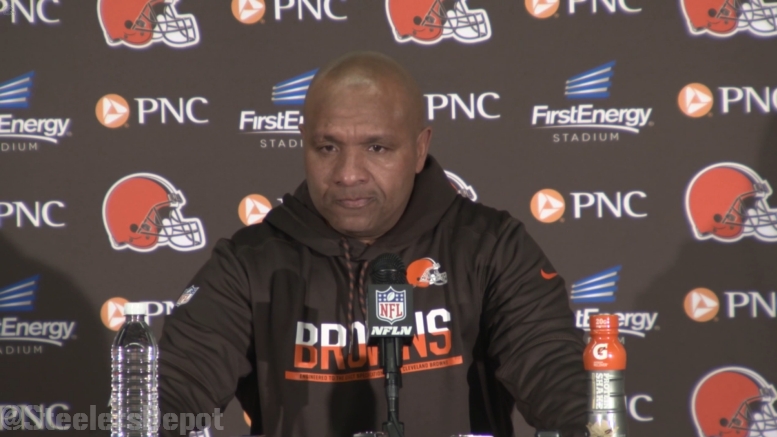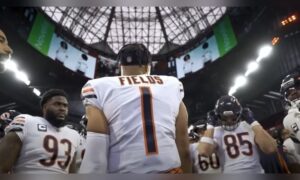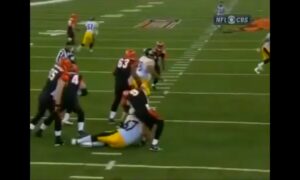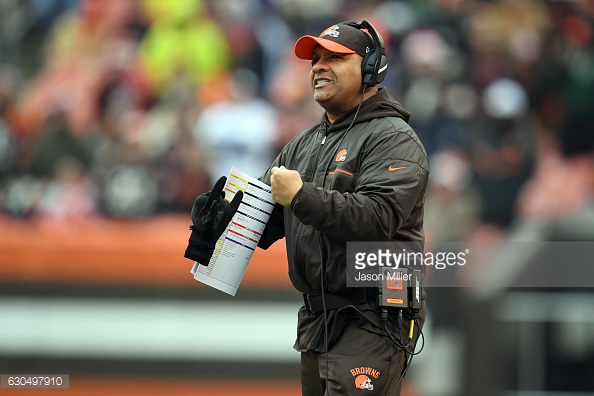So, they tried, right? The Cleveland Browns made an attempt to acquire an upgrade at the quarterback position, reportedly, agreeing in principle to a trade with the AFC North rival Cincinnati Bengals for AJ McCarron in exchange for what is said to have been second- and third-round draft picks.
Or did they? One might have to wonder.
In the chaos of the two teams’ failed trade, a “league source” let it be known, according to Mary Kay Cabot, that “the Browns sent a signed document to the Bengals and expected them to also sign it and send it to the NFL”. The Bengals said that they never got such a document.
The problem is, that is not how trades even work. One team does not forward a document to another team. All paperwork from both teams goes straight to the league for approval and does not involve collaborative interaction between the two parties.
“Separate documents”, Cabot writes, “signed only by that team—constitutes a trade”. Period. End of story. That is how a trade is executed. Both teams send in paperwork directly from their headquarters to the league office. The league office reviews the paperwork and either approves or denies the trade.
The Browns’ story is nonsense, and one might be inclined to wonder what variety of nonsense, precisely, it is. Could it truly be possible that they do not know how to conduct a trade properly? That would seem to be a stretch, given that they have made a number of trades within the past two seasons.
So if they know—or should know—what the procedure is through prior experience, could it be a simple cover story to explain why their paperwork did not arrive in time, somehow working under the assumption that this description would be a less embarrassing failure?
Or could they have gotten cold feet and determined that the value that they were giving up—a pair of day-two draft picks—was too rich for their blood, and so they failed to send in the paperwork in time deliberately, citing this excuse, in order to sabotage the trade?
For the Bengals’ part, a spokesperson said that the league confirmed they successfully executed their end of the trade. The obvious implication, given that they ultimately rejected the trade, is that the Browns did not.
Yet the Browns supposedly petitioned the league to approve the trade in spite of the fact that their half of the paperwork arrived late. If that is the case, then we have to settle back on the incompetence narrative, which unfortunately is quite believable.
Cabot writes that Brown head coach Hue Jackson, who was the Bengals’ offensive coordinator when they drafted him, wanted McCarron as a veteran who could not only start and win games, “but could also help mentor DeShone Kizer and the other young quarterbacks on the roster”.
But McCarron is a young quarterback himself, having only turned 27 in September. Kizer actually has more starting experience, and has attempted more passes.







